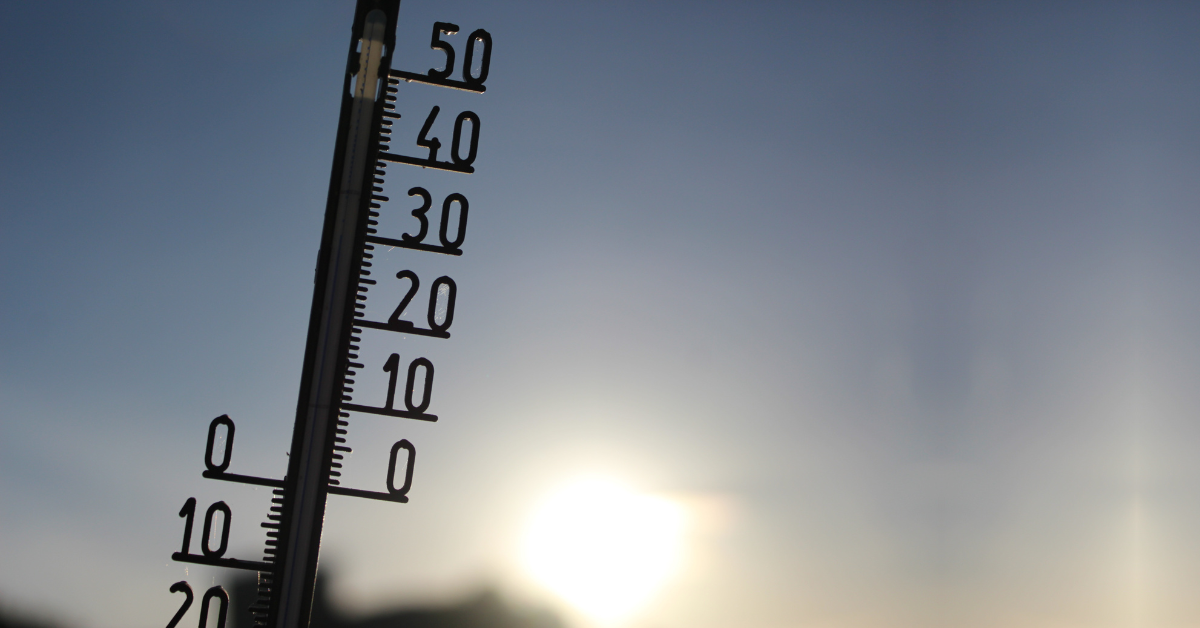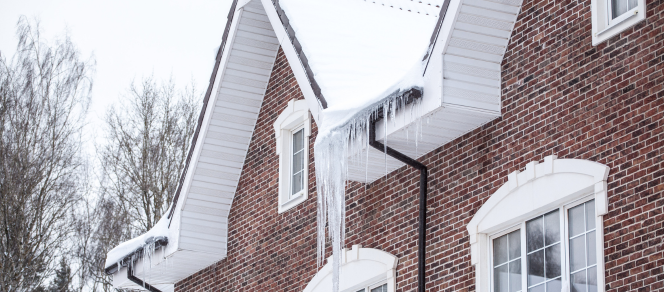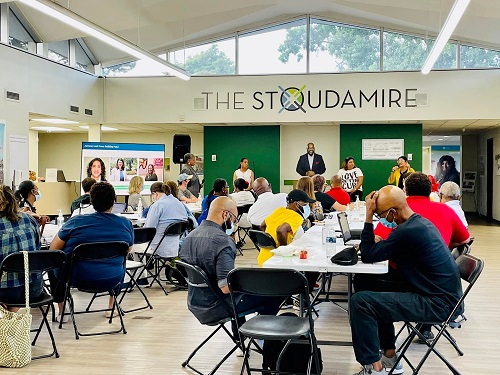Advancing Extreme Heat Resilience in Chicago
Thirty years have passed since Chicago’s deadly heat wave of 1995 that claimed over 700 lives. While reflecting on this tragedy, Elevate continues to work to ensure that all communities have access to affordable and reliable cooling, a major preventative factor in limiting the harm of extreme heat.
Our team researched dangerous indoor air temperatures in homes without central air-conditioning, served as government advisors, participated in health and heat vulnerability working groups, collaborated with national labs and universities, presented nationally, provided technical HVAC training to building owners and operators for the Chicago Cooling Ordinance, and provided essential cooling to households in our building electrification program work.
Here are recommendations for advancing heat resilience:
- Increase access to affordable and reliable cooling in homes and public cooling areas
- Target solutions in communities with high heat risk and create neighborhood-designed and executed resiliency plans
- Advance extreme heat policies that safeguard residents in their home and workplace
- Retain and expand programs like LIHEAP that support the affordability of cooling
- Improve education and communication regarding heat-related risks
Indoor and Outdoor Temperature Research
As we experience extreme heat, there is growing momentum toward characterizing heat exposure and vulnerabilities. Elevate supported the 2023 Chicago Heat Watch Campaign which was a community-guided urban heat island mapping campaign sponsored by the National Oceanic and Atmospheric Administration, CAPA Strategies, Chicago Department of Public Health, Chicago’s Department of Environment, and the Defusing Disasters Working Group of academic researchers, municipal departments, and community organizations. Together with resident scientists, the research partners used car-mounted sensors to assess outdoor temperature differentials across neighborhoods on 7/28/2023 (Heat Watch Activation Day). The maximum temperature differential between neighborhoods was 22°F.
 During the summer of 2023, Elevate and the Illinois Institute of Technology conducted a study measuring temperature and relative humidity in ten Chicago homes without central air conditioning. The homes included in the study represent five common housing types in Chicago, and the lack of central air conditioning in these homes is also a common characteristic of Chicago’s residential building stock. Our report shows that indoor temperatures in 80% of the homes reached dangerous levels during the worst heat wave of the summer. To cope with these extreme conditions, participants reported using a variety of strategies to keep cool. Yet, many reported that the home remained uncomfortably warm despite their efforts. These findings underscore the importance of policies and programs to protect people from extreme heat and prevent future heat-related health issues.
During the summer of 2023, Elevate and the Illinois Institute of Technology conducted a study measuring temperature and relative humidity in ten Chicago homes without central air conditioning. The homes included in the study represent five common housing types in Chicago, and the lack of central air conditioning in these homes is also a common characteristic of Chicago’s residential building stock. Our report shows that indoor temperatures in 80% of the homes reached dangerous levels during the worst heat wave of the summer. To cope with these extreme conditions, participants reported using a variety of strategies to keep cool. Yet, many reported that the home remained uncomfortably warm despite their efforts. These findings underscore the importance of policies and programs to protect people from extreme heat and prevent future heat-related health issues.
Map from the Heat Watch Report.
Community Focus Groups and Interviews
A key recommendation is to implement community conversations about adaptive capacity to assess community risks and hyper-local mitigation strategies. The 1995 Chicago heat wave revealed that the risk of heat related mortality was increased for those who had medical problems, were confined to beds, or living alone (Semenza et al., 1996). Elevate’s community conversations seek to further assess community assets and identify strategies to mitigate heat risk.
Elevate and Columbia University partnered on focus groups on challenges during power outages and extreme heat in Auburn Gresham, Englewood, and North Lawndale—three communities in Chicago with increased vulnerability to extreme heat. Columbia led the focus groups and published a case study of the findings that seeks to understand how residents of communities with high economic, health, and social vulnerability experience heat waves and power outages. The experiences of these residents highlight the need for targeted interventions to improve resilience and protect public health to reduce weather-induced energy insecurity.
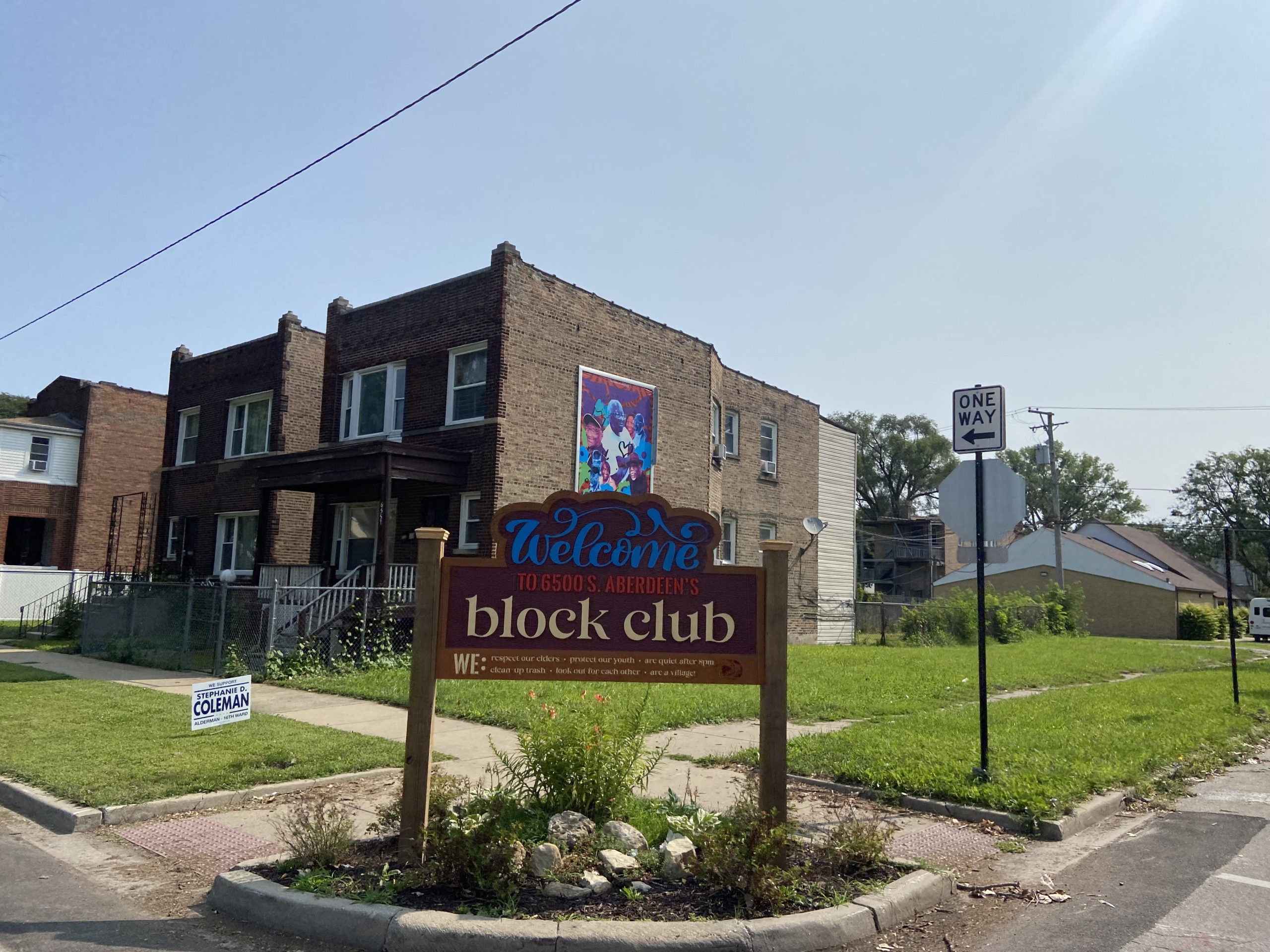
To better understand how extreme heat impacts communities, Elevate partnered with the Chicago Bungalow Association and Tonika Lewis Johnson who leads UnBlocked Englewood, a whole block approach to home retrofits in a community that has been historically disinvested and is classified as an environmental justice community. In Summer 2024, Elevate interviewed residents of UnBlocked Englewood and found that many have concerns about neighbors, especially elders, being impacted by heat and the health impacts of heat. The most-requested solutions were central AC, distribution of cold water and food, and window replacements. Elevate seeks to uplift these solutions and ensure that all people have access to affordable and reliable cooling.
Photo from UnBlocked Englewood Extreme Heat Challenges and Solutions Report.
Policy
Elevate supports policies that expand access to cooling, build greater heat resilience, and safeguard public health during extreme heat. Elevate has signed on to support policies such as the Federation of American Scientists 2025 Heat Policy Agenda which calls for recommendations such as the expansion of home energy rebates, tax credits, LIHEAP, and the Weatherization Assistance Program to enable retrofits that lower the costs of cooling. We’ve also supported U.S. Senator Ed Markey’s reintroduction of the Preventing HEAT Illness and Deaths Act and the Alliance for Heat Resilience and Health’s letter for the National Governors Association calling for policies that invest in heat health systems and extreme heat planning.
Elevate supports extreme heat policy recommendations for the City of Chicago through participation in the Defusing Disasters Working Group and its Policy Committee. The core policy objectives focused on creating systemic methodologies for identifying at-risk populations, developing data-driven heat safety protocols, and establishing inclusive stakeholder engagement processes that ensure diverse community perspectives inform disaster preparedness policies. Through rigorous research and community engagement, the initiative aimed to produce actionable policy recommendations for Chicago regarding infrastructure investments, emergency response protocols, and long-term climate adaptation strategies. The work seeks to create a replicable policy model that could guide collaborative approaches between local governments and community groups , enhancing capacity for evidence-based climate resilience policy development and implementation.

Elevate also partnered with the Institute of Design at Illinois Tech (ID) and NREL on a semester-long workshop in which ID students explored behavioral systems design approaches for extreme heat response and policy. The students investigated policies and behavioral choices of specific populations during chronic and acute extreme heat events, with the goal of helping policymakers identify opportunities to improve climate action plans. Each group created an interactive, tabletop exercise (presentations available here) to further the discussion and improve understanding of extreme heat behaviors, decision-making, and tradeoffs.
Members of the Defusing Disasters Working Group at the 1995 Heat Wave Commemoration and Defusing Disasters Project Showcase on July 15, 2025.
Programs
Nationally, 76% of single-family buildings have a central cooling system, but in Chicago only 30% of single-family buildings have a central cooling system, according to Elevate’s analysis of Cook County Property Assessor data. This analysis also showed that only 9% of Chicago’s 2–4-unit buildings have a central cooling system. Elevate’s Building Electrification Program helps alleviate this disparity by providing cooling to homes through heat pump installations. In the summer, heat pumps work like high-efficiency air conditioners and improve comfort in the home. To learn more about Elevate’s building electrification services, visit ElevateNP.org/Building-Electrification.
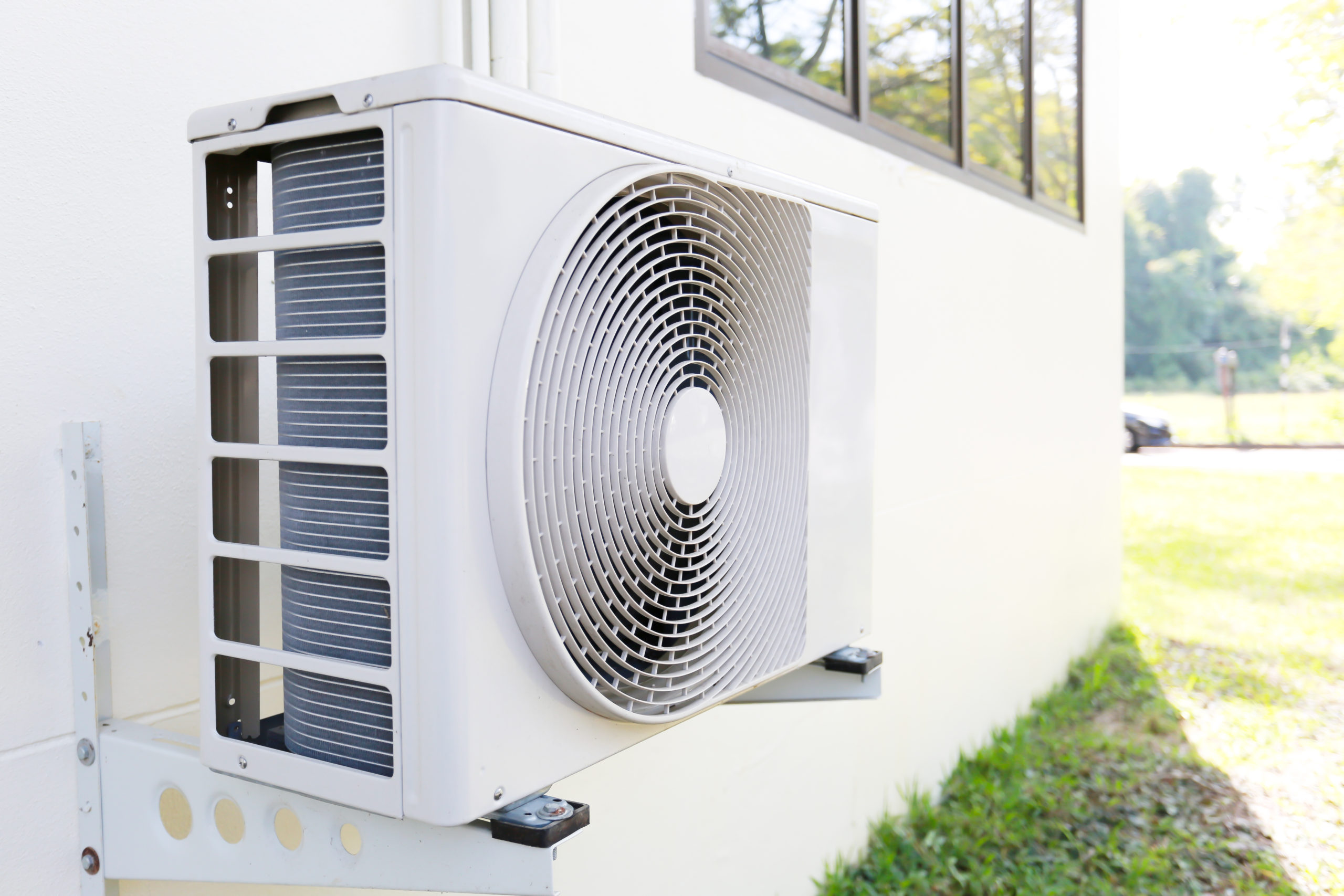
Elevate’s efforts to build heat resilience in Chicago highlight the importance of policies and programs to protect people from high temperatures and prevent future heat-related casualties and illnesses. Elevate recommends an increased effort to provide access to affordable cooling, to target solutions in communities with high heat risk, to advance extreme heat policies that protect residents in their home and workplace, to improve education and communication on heat risk, and to retain and expand programs like LIHEAP that support the affordability of cooling.
Image of a heat pump.
To learn more about Elevate’s work, visit https://www.elevatenp.org/.

